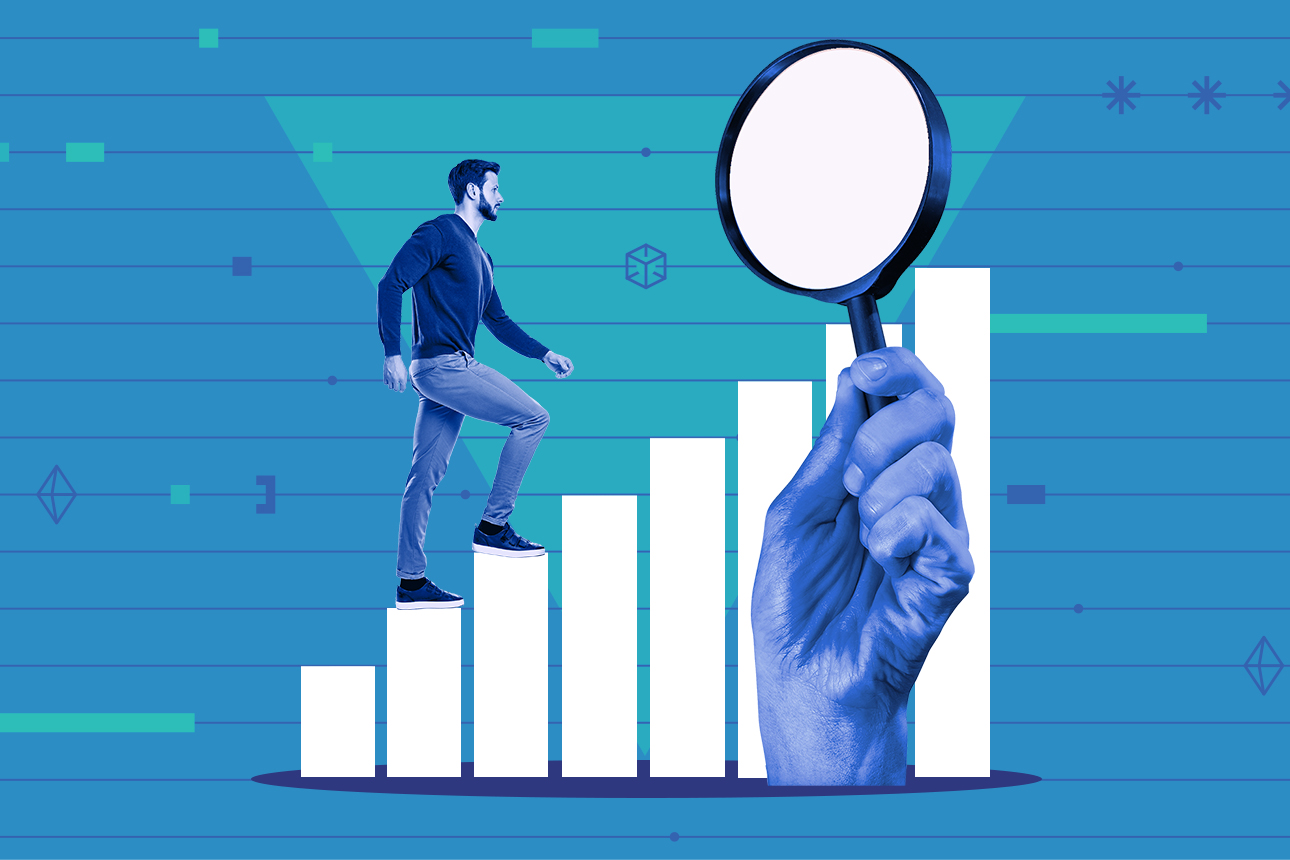Learned a lot lending an editorial hand here:
MIT Sloan Management Review, February 24, 2023
by Kimberly A. Whitler and F.D. Wilder

In 2013, as fast-emerging digital technologies and channels were creating a sea change in consumer product marketing, A.G. Lafley, then CEO of Procter & Gamble, acted to ensure that the consumer packaged goods giant would not be left behind. He appointed F.D. Wilder, one of this article’s coauthors, as global head of e-business and tasked him with driving digital transformation across P&G’s many brands. The goal of this initiative was to develop and integrate P&G’s digital marketing abilities, e-commerce channels, and IT platforms — driving up sales, profit margins, and cash flow in the process.
As the e-business team considered this challenging mandate, it focused on the digital marketing ability of P&G’s brand and business managers as a key enabler of the transformation. Unfortunately, the team found that the literature regarding digital transformation tends to give short shrift to the capability of leaders: It focuses mainly on raising the “digital IQ” of the workforce — that is, the measurement of how much an organization can profit from digital and technological solutions.
Digital IQ has its limitations as an effective measure of ability, not the least of which is its strong emphasis on teaching and testing for generic vocabulary and knowledge. Yet digital and other transformational efforts nearly always require employees to work in new and unfamiliar ways. To ensure that they can do this new work, leaders must be able to assess employee ability by connecting it not only to knowledge and skills but also to targeted actions and performance outcomes. Only then can they identify and activate pockets of strength in the digital ability of employees and isolate and remediate pockets of weakness. Read the rest here...














